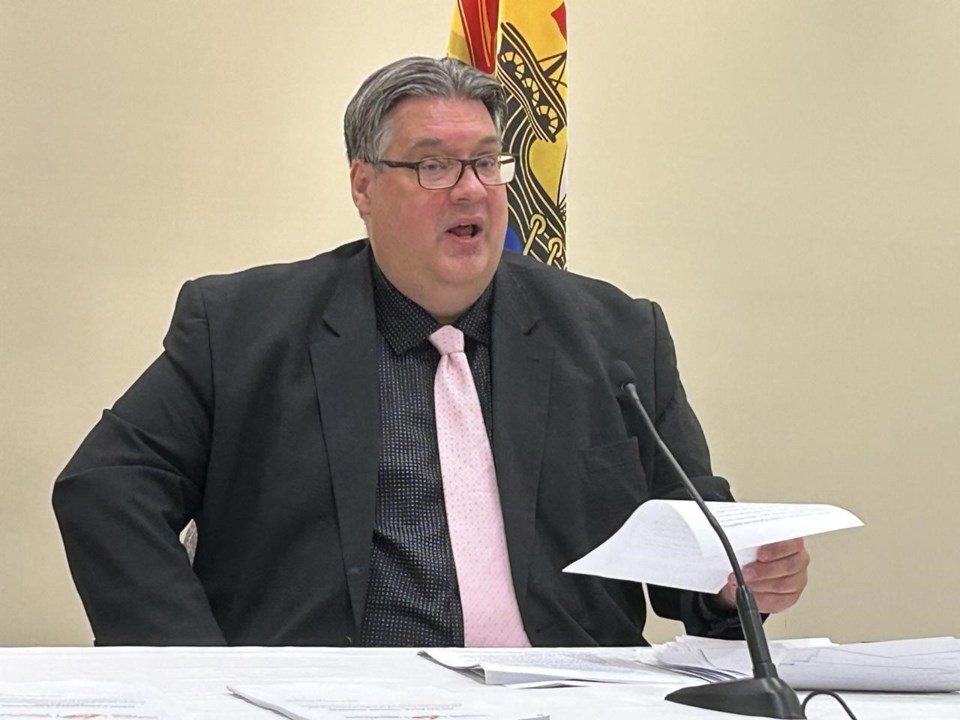FREDERICTON — The latest changes made by the Education Department to New Brunswick's policy on sexual orientation and gender identity in schools have made it more discriminatory, says the province's child and youth advocate.
Kelly Lamrock released an addendum to his August report on the revamped guidelines on Monday, noting that his office's main concerns about Policy 713 have not been addressed.
The Progressive Conservative government announced in June that students under 16 who are exploring their gender identity must have parental consent before teachers can use their preferred first names or pronouns at school. However, in August, the province clarified that psychologists, social workers and those in informal settings will be permitted to use children's preferred names and pronouns without parental consent.
Lamrock's initial review of the policy concluded that it violated the Charter rights of children. On Monday, he said the changes made by the government in August were not good enough.
The Education Department, Lamrock said, "has accepted the clear evidence that it is unethical and ineffective for professionals working with children to call them names they do not wish to be called. Why the department accepts this but still insists upon teachers and principals calling children names they do not wish to be called is an explanation they have not chosen to offer."
The Education Department did not immediately respond to a request for comment.
In his eight-page addendum, Lamrock said the province should ask the attorney general to get the Court of Appeal to rule on whether the gender policy is legal.
"Suspending the changes until the Court of Appeal can hear and dispose of a reference would be a wise move," he said.
The child advocate added that the changes make Policy 713 "overtly discriminatory" and "create new human rights issues."
The restrictions on the use of a child's preferred first name or pronoun targets LGBTQ students, he said.
Education Minister Bill Hogan has said it would be OK for a teacher to call a student by a nickname, but not by a name that was motivated by a student's questioning of their gender. The teacher, Hogan has said, would have to determine the student's motivation for a name change.
In response, Lamrock said giving teachers that discretion creates a double standard that favours non-LGBTQ students.
Lamrock on Monday said the department's policy change remains unworkable. He gave the example of a 14-year-old student named William who is born male and wants to be called Billy. However, if that student decides to write the name as "Billie" — which is commonly used as a female name — that would create confusion and problems for the teacher, Lamrock said.
"Asking if someone is a member of a minority group before deciding which rules apply is a really bad idea, with a host of legal and ethical implications," Lamrock said, adding it was "really textbook discrimination."
This report by The Canadian Press was first published Sept. 11, 2023.
Hina Alam, The Canadian Press



